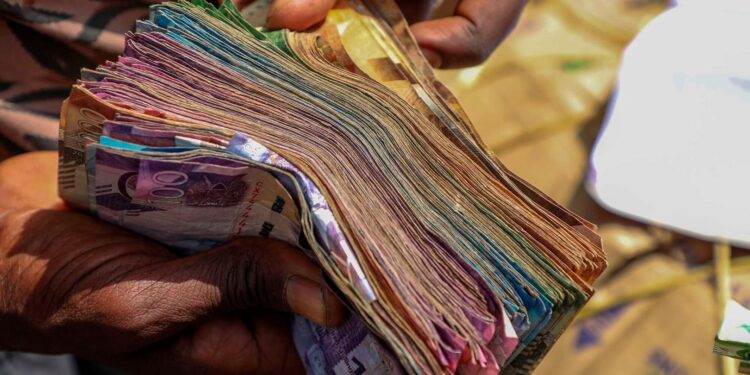The Kenyan government has taken a significant step towards addressing its longstanding financial obligations by approving the payment of Ksh206 billion in pending bills. This decision, announced by Treasury and Economic Planning Cabinet Secretary John Mbadi, follows a thorough review by the Pending Bills Verification Committee, which evaluated liabilities totaling Ksh474 billion. The committee’s mandate was to audit pending bills accumulated between 2005 and 2022, ensuring that only genuine claims are settled.
The accumulation of pending bills has been a persistent issue in Kenya, with the total amount owed by the government to suppliers reaching Ksh663 billion. This backlog has had adverse effects on various sectors, particularly small and medium-sized enterprises (SMEs), which often rely on timely payments to maintain operations. The approved payment of Ksh206 billion is expected to inject much-needed liquidity into the economy, facilitating cash flow and contributing to economic stabilization.
A significant portion of the cleared pending bills pertains to SMEs that provided goods and services to the government, with individual claims not exceeding Ksh10 million. By prioritizing these smaller claims, the government aims to support businesses that are most vulnerable to cash flow challenges resulting from delayed payments. This move is anticipated to alleviate financial pressures on these enterprises, enabling them to sustain operations, retain employees, and contribute to economic growth.
The decision to settle these pending bills aligns with the government’s broader commitment to improving fiscal responsibility and economic stability. By releasing funds into the economy, the government seeks to enhance liquidity, stimulate business activities, and foster a more conducive environment for investment. This approach is expected to have a multiplier effect, as increased cash flow among businesses can lead to higher spending, job creation, and overall economic growth.
Treasury CS John Mbadi has emphasized the importance of establishing a systematic approach to prevent the recurrence of pending bills. He advocates for realistic budgeting practices, urging both national and county governments to avoid overestimating revenue projections. By aligning budgets more closely with actual revenue collections, the government aims to ensure that expenditures are sustainable and that suppliers are paid promptly, thereby preventing the accumulation of future pending bills.
The establishment of the Pending Bills Verification Committee, chaired by former Auditor General Edward Ouko, underscores the government’s dedication to transparency and accountability. The committee’s role is to meticulously audit outstanding liabilities, distinguishing between legitimate claims and those lacking proper documentation. This rigorous verification process ensures that public funds are utilized appropriately and that only valid debts are settled.
The impact of settling pending bills extends beyond individual businesses to the broader economy. By injecting funds into the market, the government enhances the purchasing power of businesses and individuals, leading to increased demand for goods and services. This heightened economic activity can contribute to higher tax revenues, creating a positive feedback loop that supports further public investments and services.
Moreover, the prompt payment of pending bills is crucial for maintaining the confidence of suppliers and contractors in the government’s commitment to honoring its financial obligations. This trust is essential for fostering ongoing partnerships between the public and private sectors, which are vital for the successful implementation of government projects and the delivery of public services.
The government’s initiative to clear pending bills also aligns with broader economic reforms aimed at enhancing fiscal discipline and promoting sustainable development. By addressing existing financial obligations and implementing measures to prevent future arrears, the government is working towards a more stable and predictable economic environment. This stability is crucial for attracting both domestic and foreign investment, which can drive long-term economic growth.
The approval and planned payment of Ksh206 billion in pending bills represent a significant milestone in Kenya’s efforts to strengthen its economy. By prioritizing the settlement of debts owed to SMEs, the government is not only supporting the backbone of the economy but also promoting broader economic stability. Through continued commitment to fiscal responsibility, transparent auditing processes, and realistic budgeting, Kenya is taking meaningful steps towards a more prosperous and financially stable future.










